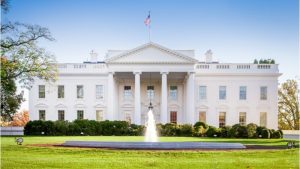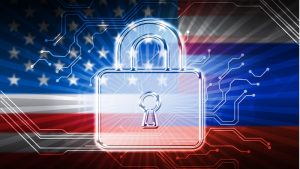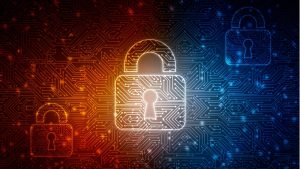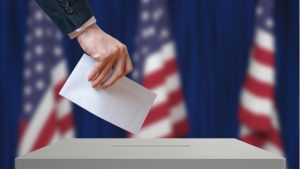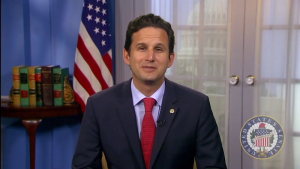The National Institute of Standards and Technology (NIST) on Monday launched a collaborative project to adapt NIST’s digital identity guidelines to support public benefits programs, such as those designed to help beneficiaries pay for food, housing, medical, and other basic living expenses.
The Biden-Harris administration this week announced the creation of the AI Safety Institute Consortium (AISIC), which will unite more than 200 AI creators and users, academics, government and industry researchers, and civil society organizations in support of the development and deployment of safe and trustworthy AI.
The National Institute of Standards and Technology (NIST) is looking for information on the trends and future investment needs for eight emerging technology sectors to complete a study authorized in the fiscal year (FY) 2021 appropriations act, according to a request for information (RFI) posted to the Federal Register.
The National Institute of Standards and Technology (NIST) has released draft guidance to help local election officials reduce the risk of cyberattacks on election systems, and is seeking public comment on the draft.
To help universities protect COVID-19 research, Reps. Andy Barr, R-Ky., and Frank Lucas, R-Okla., introduced legislation to give those universities and research institutions tools to protect from cyberattacks by foreign cyber actors.
The National Institute of Standards and Technology (NIST) released a discussion draft version of the upcoming NIST Privacy Framework on Wednesday, May 1, with principles and practices aligned with the NIST Cybersecurity Framework.
Cybersecurity training and education programs need to emphasize systems engineering perspectives in order to fully understand system vulnerabilities, said leaders from the National Institute of Standards and Technology (NIST) during an Oct. 10 webinar hosted by the agency’s National Initiative for Cybersecurity Education (NICE).
The National Academies of Sciences, Engineering, and Medicine (NASEM) is the latest in a string of organizations to release its recommendations on how Federal, state, and local officials can best secure U.S. elections, including the use of paper-ballot components.
The NIST Small Business Cybersecurity Act, S. 770, is heading to President Trump’s desk where he is expected to sign it into law soon.
Last week, the National Institute of Standards and Technology (NIST) revealed the initial public draft of its Special Publication 800-160 Volume 2, Systems Security Engineering: Cyber Resiliency Considerations for the Engineering of Trustworthy Secure Systems.

